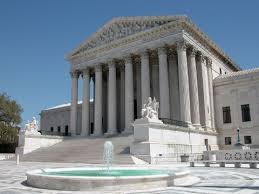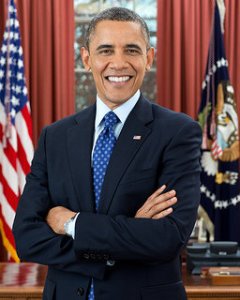The issues presented in Harris v. Arizona Independent Redistricting Commission are:
 Issues: (1) Whether the desire to gain partisan advantage for one political party justifies intentionally creating over-populated legislative districts that results in tens of thousands of individual voters being denied Equal Protection because their individual votes are devalued, violating the one-person, one-vote principle; and (2) whether the desire to obtain favorable preclearance review by the Justice Department permits the creation of legislative districts that deviate from the one-person, one-vote principle, and, even if creating unequal districts to obtain preclearance approval was once justified, whether this is still a legitimate justification after Shelby County v. Holder. [This is a retroactive application argument.]
Issues: (1) Whether the desire to gain partisan advantage for one political party justifies intentionally creating over-populated legislative districts that results in tens of thousands of individual voters being denied Equal Protection because their individual votes are devalued, violating the one-person, one-vote principle; and (2) whether the desire to obtain favorable preclearance review by the Justice Department permits the creation of legislative districts that deviate from the one-person, one-vote principle, and, even if creating unequal districts to obtain preclearance approval was once justified, whether this is still a legitimate justification after Shelby County v. Holder. [This is a retroactive application argument.]
The case will be argued before the U.S. Supreme Court on Tuesday, the same day that the Court hears oral argument in the “one person, one vote” case from Texas, Evenwel v. Abbott. “Issue: Whether the three-judge district court correctly held that the “one-person, one-vote” principle under the Equal Protection Clause allows States to use total population, and does not require States to use voter population, when apportioning state legislative districts.”



